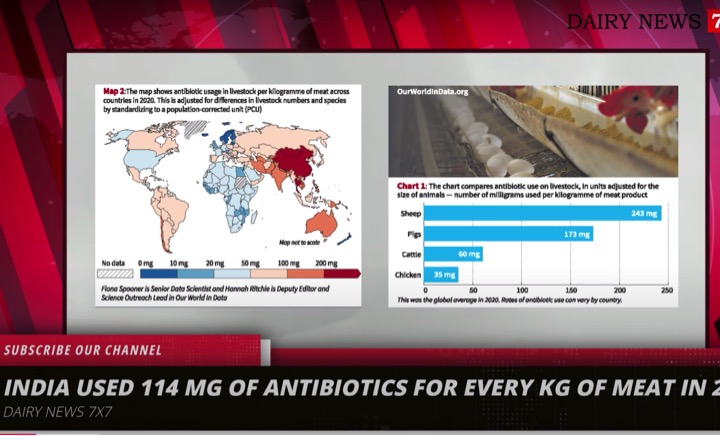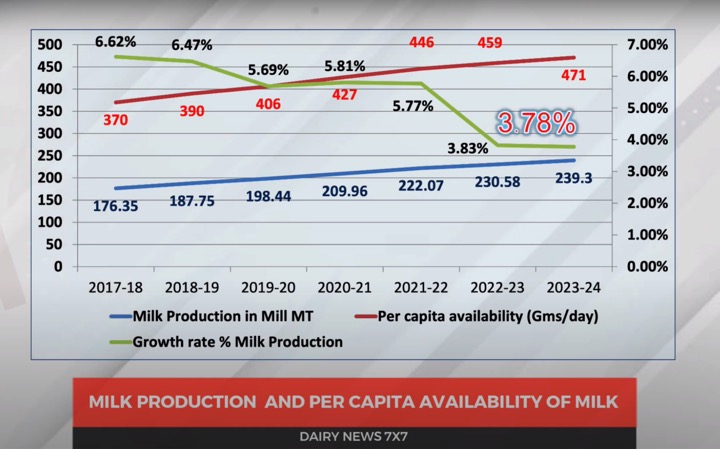Switzerland has suspended the most favoured nation (MFN) status granted to India following an adverse court ruling against Nestle. This means increased tax liabilities for Indian entities operating in Switzerland.
From January 1, Indian companies will be subject to a higher withholding tax on income generated in Switzerland.
tax demand on mncs
The decision follows a ruling by the Supreme Court on October 19, 2023, that the Double Taxation Avoidance Agreement (DTAA) cannot be enforced unless notified under Section 90 of the Income Tax Act. Because of this, companies such as Nestle SA (the parent of Nestle India) and other Swiss, Dutch and French MNCs face a demand for higher taxes on dividends.
Quoting the ruling, the Swiss authorities acknowledged that its interpretation of Paragraph 5 of the Protocol to the India-Switzerland Double Taxation Avoidance Agreement (IN-CH DTA) is not shared by the Indian side.
“In the absence of reciprocity, it therefore waives its unilateral application with effect from January 1, 2025. For dividends due from and including January 1, 2025, the residual tax rate in the source state is limited to 10 per cent,” a statement from the Swiss authorities said.
However, the position adopted by the Swiss competent authority in its statement of August 13, 2021, remains applicable for income accruing during the 2018-2024 tax years.
Reacting to the Swiss action, External Affairs Ministry spokesperson Randhir Jaiswal said, “My understanding is that because of EFTA, the DTAA will be renegotiated. I have no update on the MFN.”
Explaining the decision by the Swiss Authority, Sandeep Jhunjhunwala, M&A Tax Partner at Nangia Andersen, said that effective January 1, the beginning of the tax year in Switzerland, this suspension may lead to increased tax liability for Indian entities operating in Switzerland.
“Beyond its immediate fiscal impact, this development reflects broader trends in international taxation, with countries like India increasingly asserting stricter interpretations of treaty provisions to protect domestic tax revenues,” he said.
According to Amit Maheshwari, Tax Partner at AKM Global, essentially, Switzerland is of the view that it is not receiving the same treatment that India grants to other countries with more favourable tax treaties. Further, the main reason behind this is of reciprocity, which ensures that taxpayers in both countries are treated equally and fairly.
“The fallout is that more countries may follow Switzerland,” Maheswari concluded.





























